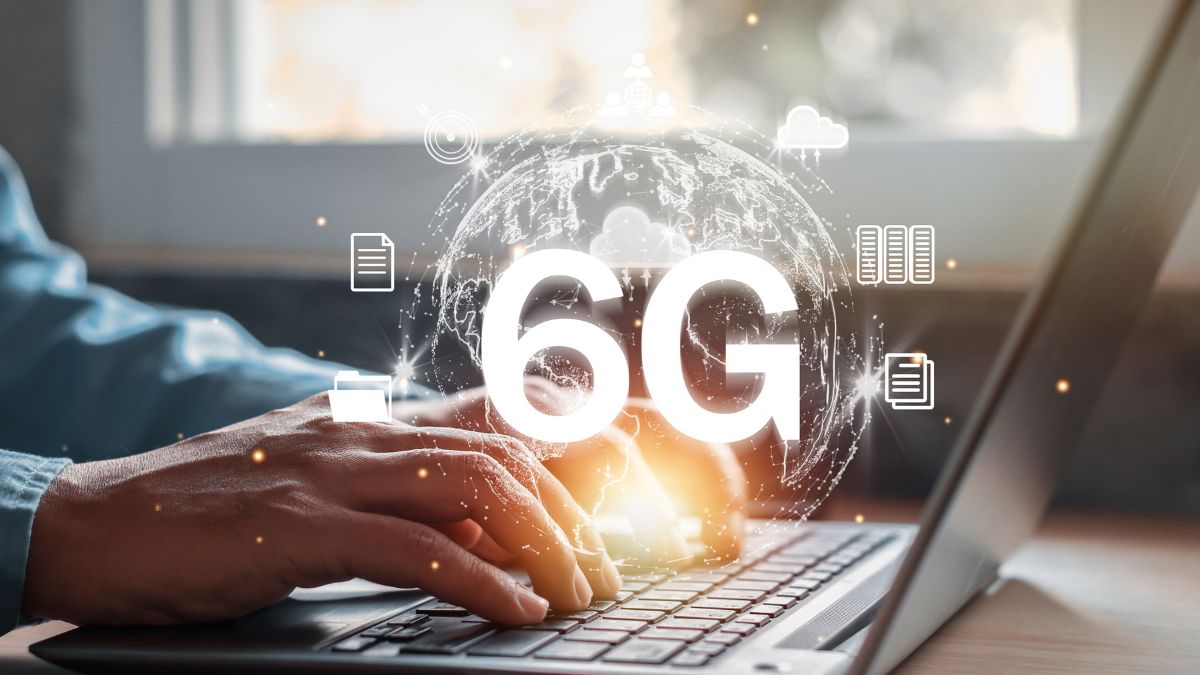The Geopolitics of 6G: Can the U.S. Lead the Next Wireless Race?
Category : Nextelle Wireless | Sub Category : Nextelle Wireless Posted on 2025-09-16 10:49:26

Global powers are already looking ahead to the next
frontier, 6G, while the world is still rolling out 5G. 6G, which is anticipated
to go on sale in 2030, promises previously unheard-of speeds, extremely low
latency, and features that could enable advanced artificial intelligence,
autonomous systems, and holographic communication. Beyond the thrill of
technology, however, is a geopolitical question: who will be at the forefront
of the 6G race? In the digital age, the United States is concerned with preserving
its economic might, national security, and international clout, not simply with
wireless networks.
Large-scale 6G research projects have already been
launched by China, Europe, South Korea, and Japan, prompting questions about
whether the United States runs the risk of lagging. Leadership in 6G will
probably determine who sets the international standards and profits
economically from early adoption, much like the discussions surrounding 5G.
Washington views this struggle as geopolitical as well as technological, as
wireless dominance can affect cybersecurity rules, international supply
networks, and even diplomatic ties.
In this contest, the United States enjoys a number of
advantages. Its tech sector, which is home to industry titans like Google,
Apple, and Qualcomm, continues to be a potent source of innovation. Prominent
academic institutions and research centers are also expanding the potential of
6G. Additionally, the U.S. government has started funding wireless research and
development after realizing that maintaining competitiveness will need
public-private collaborations. However, obstacles like a disjointed spectrum
strategy and dependence on overseas production may make America's ascent to the
top more difficult.
Another major issue in the 6G debate is security. As
discussions about data security and dependence on foreign infrastructure were
triggered by the introduction of 5G, 6G will increase the stakes even further.
Whoever is in charge of 6G development has the power to influence everything
from data privacy regulations to how vital infrastructure functions. In order
to prevent vulnerabilities and maintain international digital confidence, the
United States will need to make sure that trusted networks are created
domestically and shared with allies.
Strategic investment, global collaboration, and a
long-term outlook are necessary to determine if the United States can lead the
6G race. Washington might maintain its position as a worldwide leader if it
emphasizes funding for research, fortifies its ties with democratic allies, and
encourages innovation in its technology industry. However, the rivalry will be
intense, and the winner will control the next era of digital power in addition
to connecting the world.
You can visit our website https://www.nextelle.us.
#Internet #Internetconnection #Internetconnectivity
#NextelleWireless
Search
Categories
Recent News
- Impact of Smart Phones on Society
- The Inclusion of Unlimited 5G Data: The Next Level
- Cellular Plans: Choosing the Right Fit for Your Communication Needs
- AirPlay Smartphone: Seamlessly Connecting Your Digital World
- App Stores for Smartphones
- Protecting Your Cyber Security on the Internet
- The Rollout of 4G Networks
- WiFi vs. Cellular Data: Unveiling the Benefits